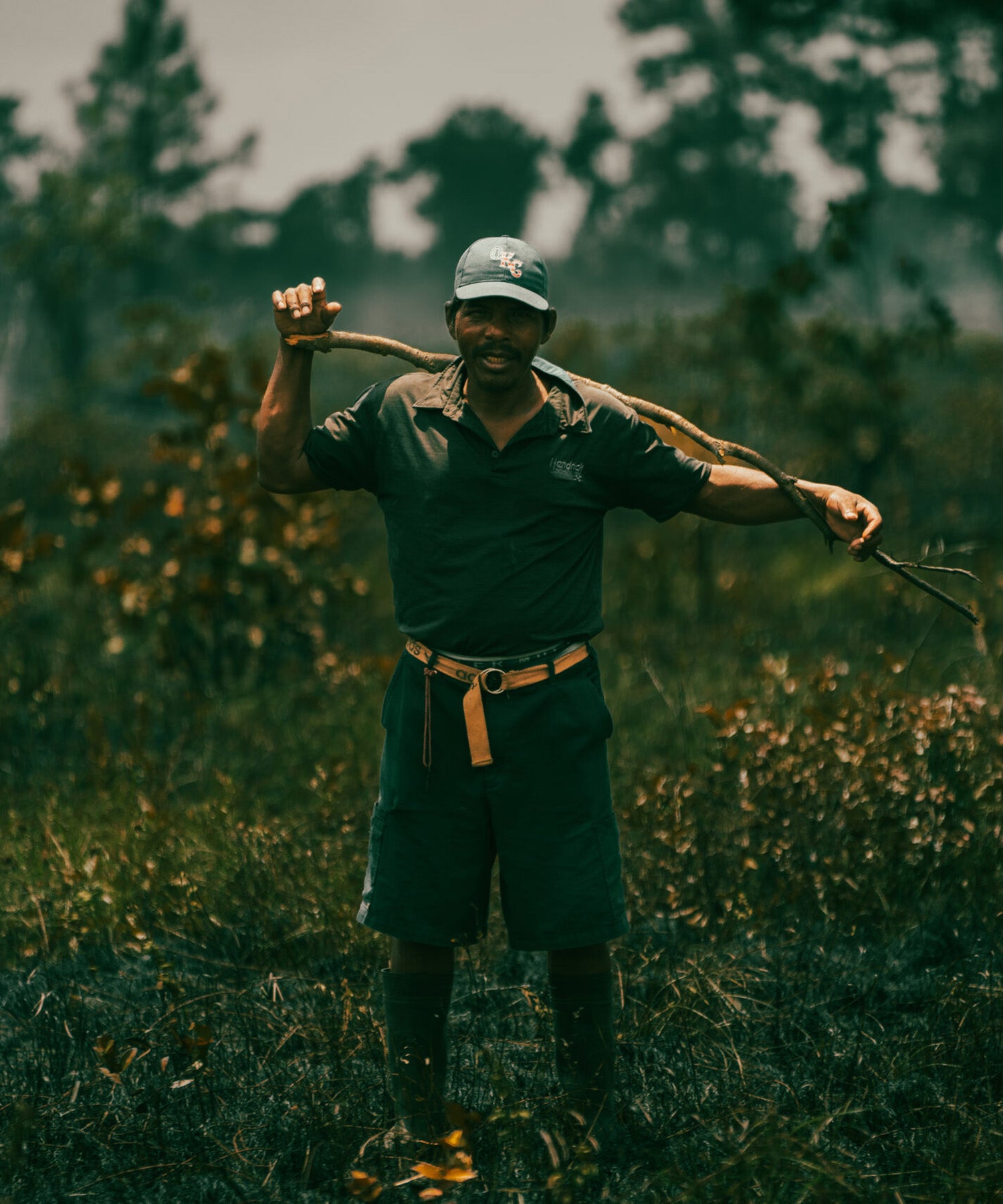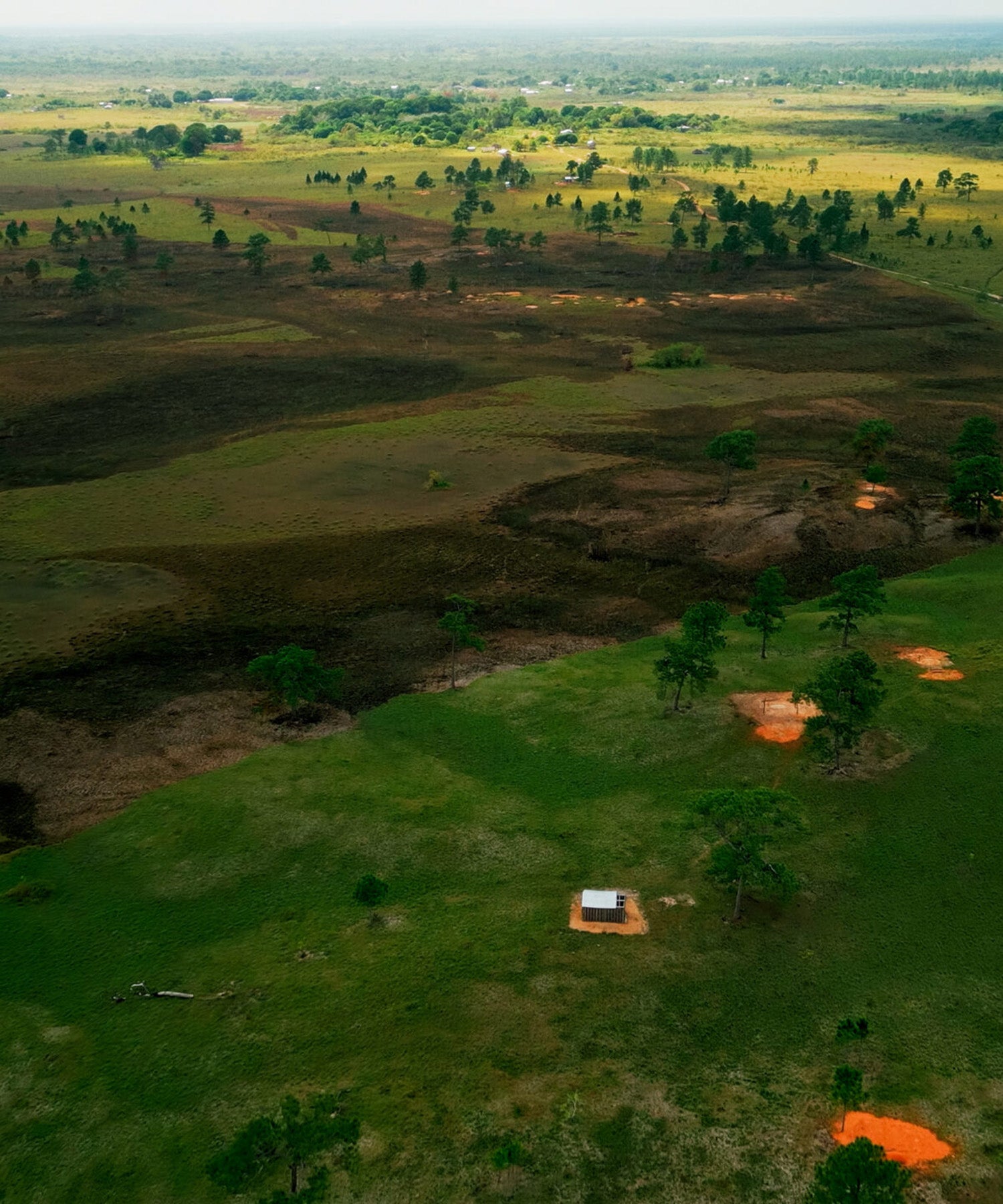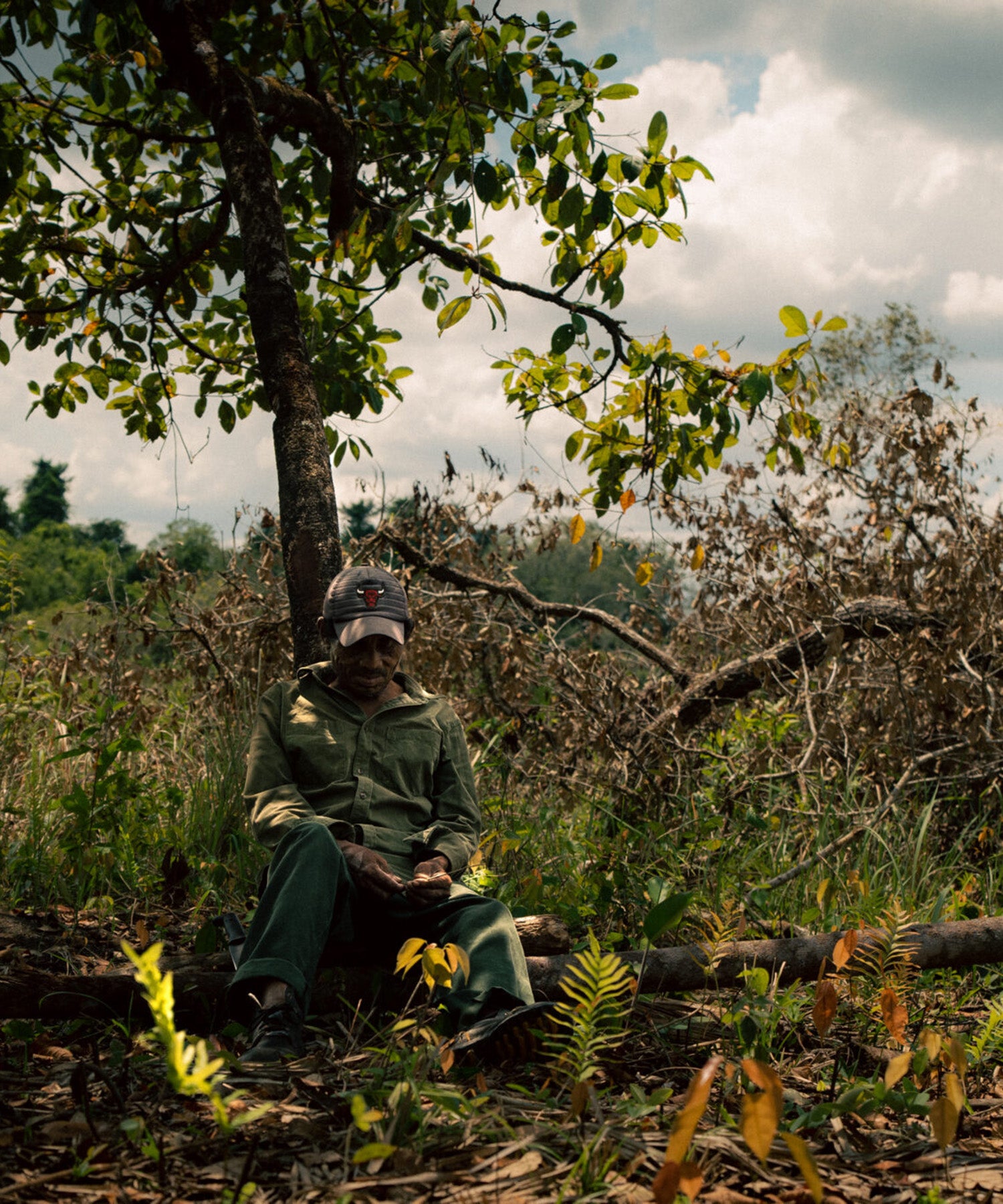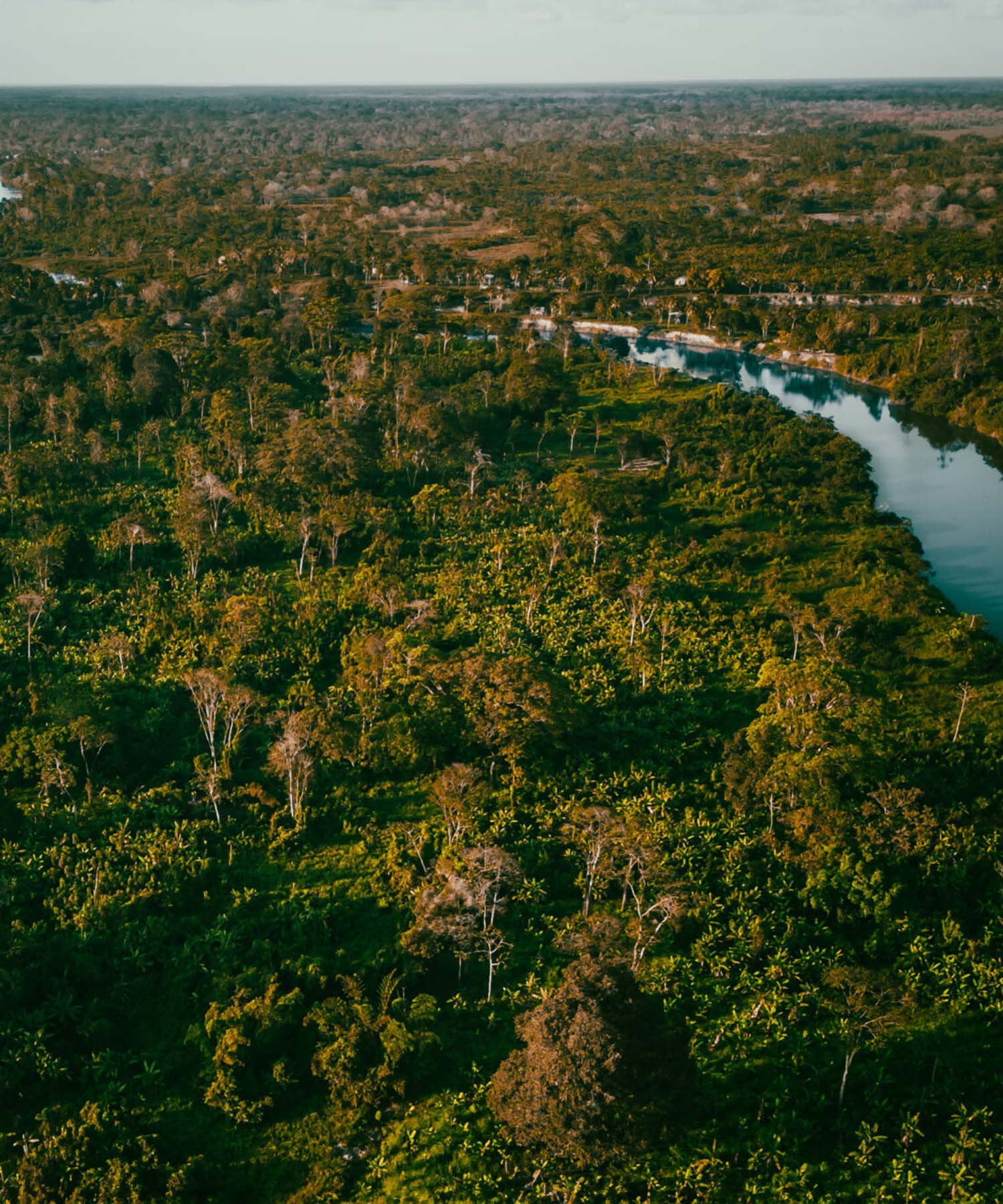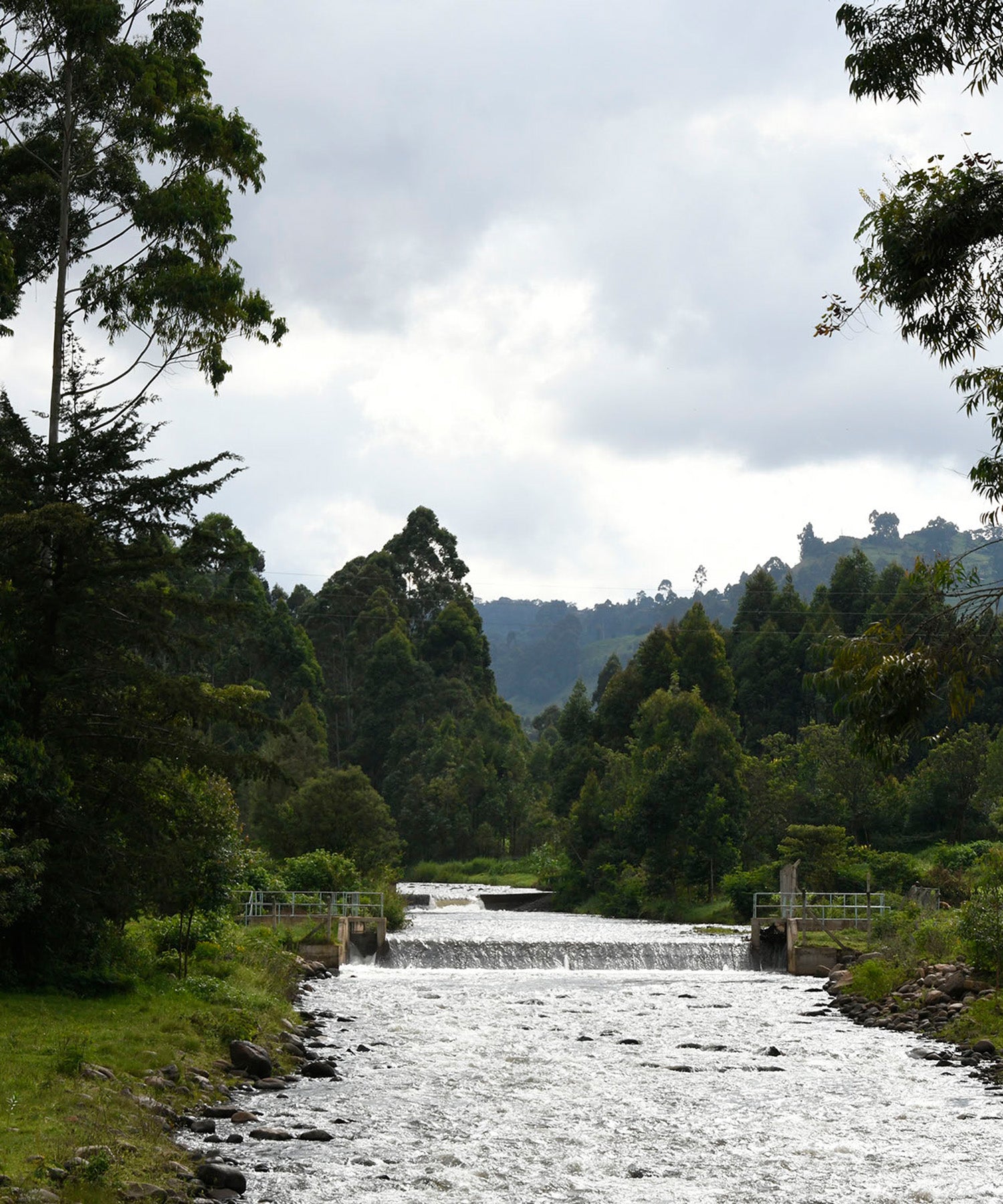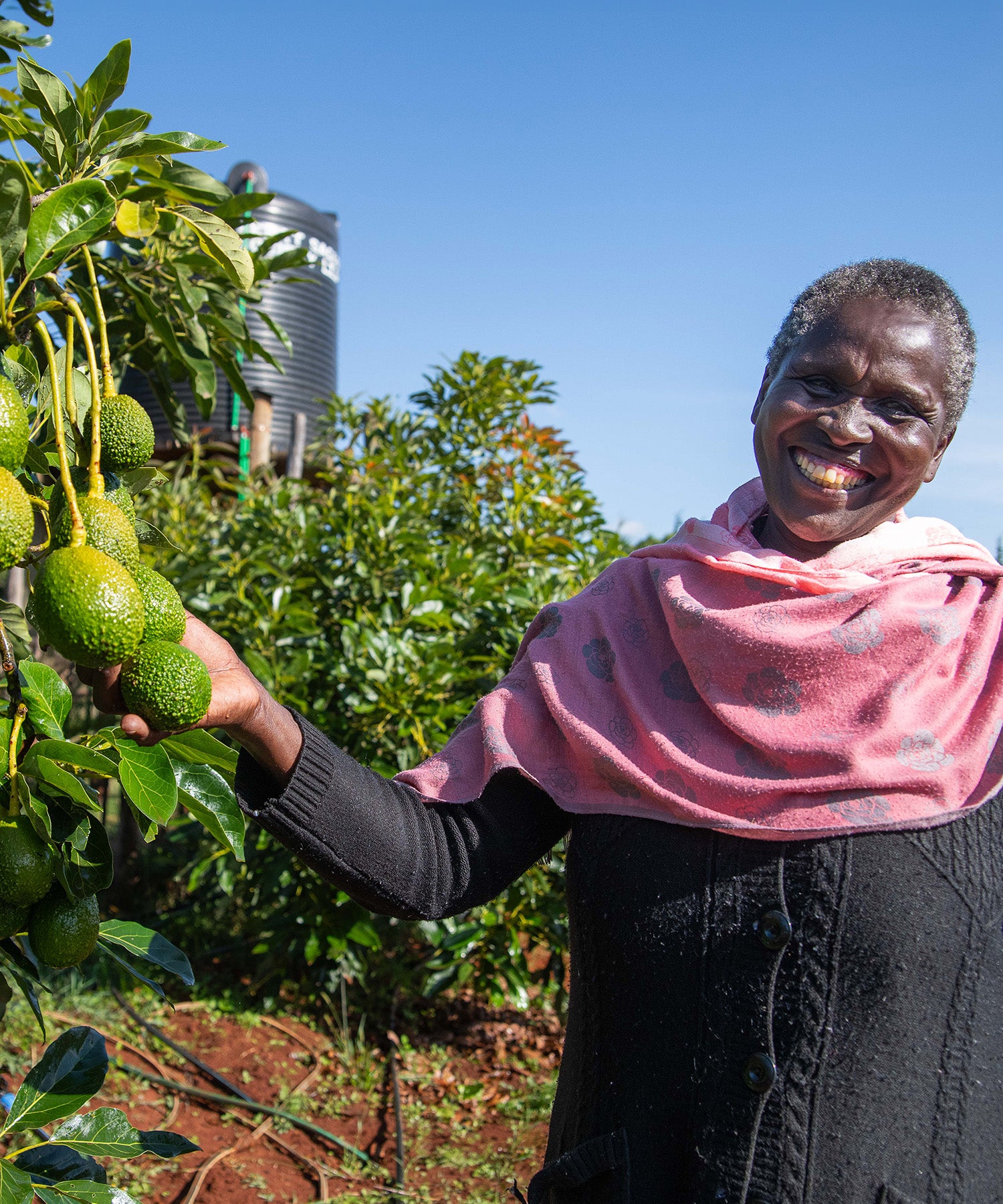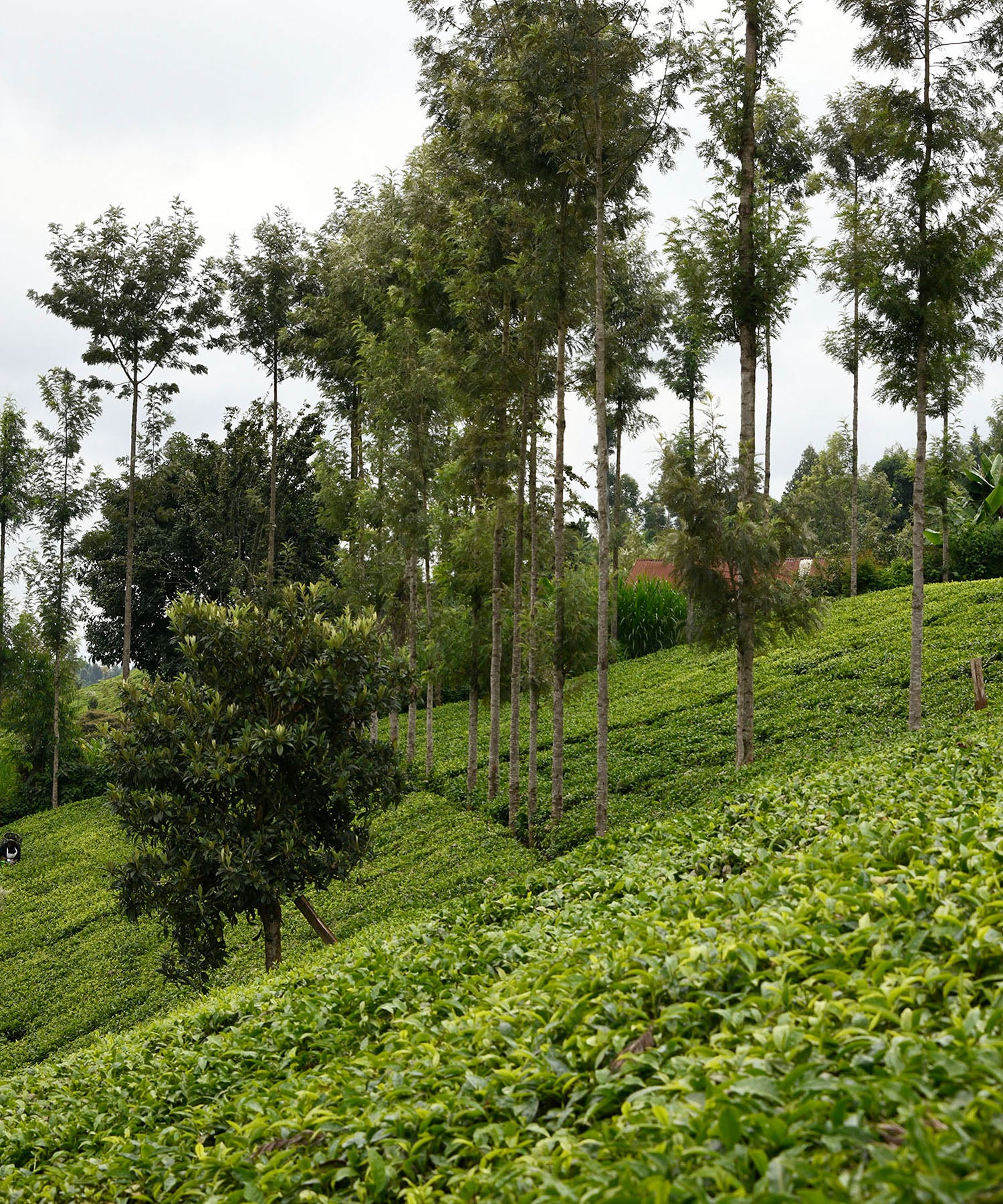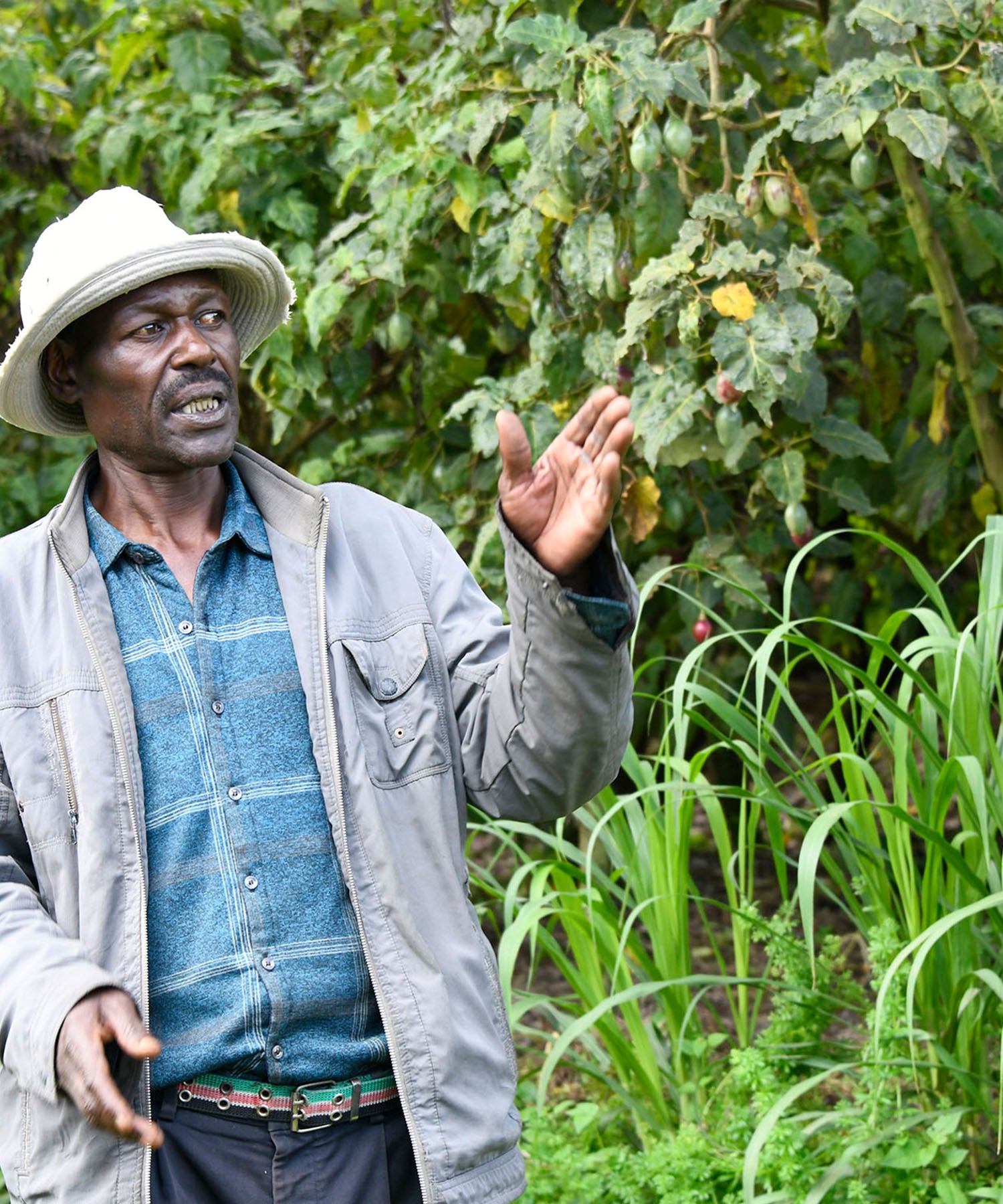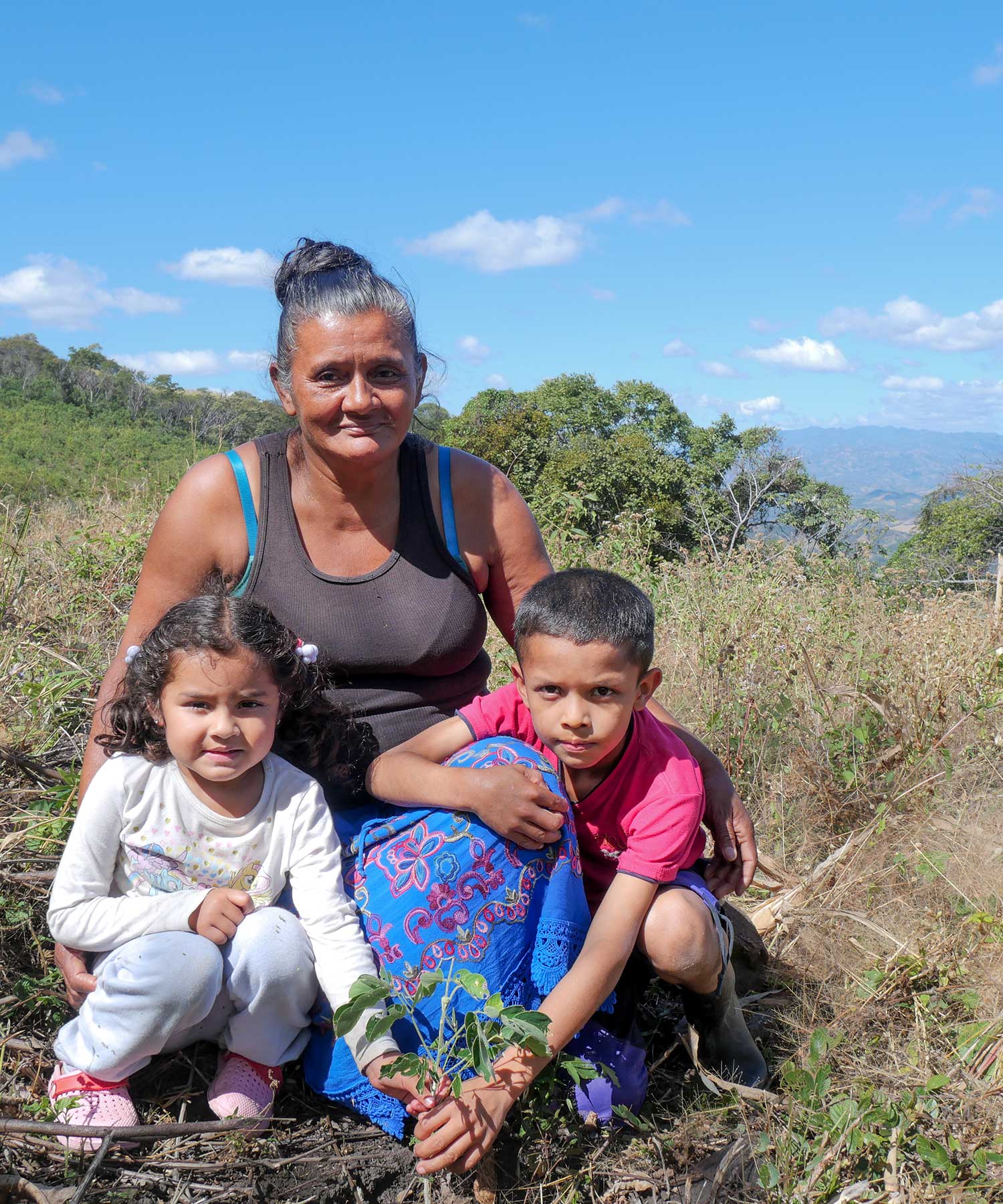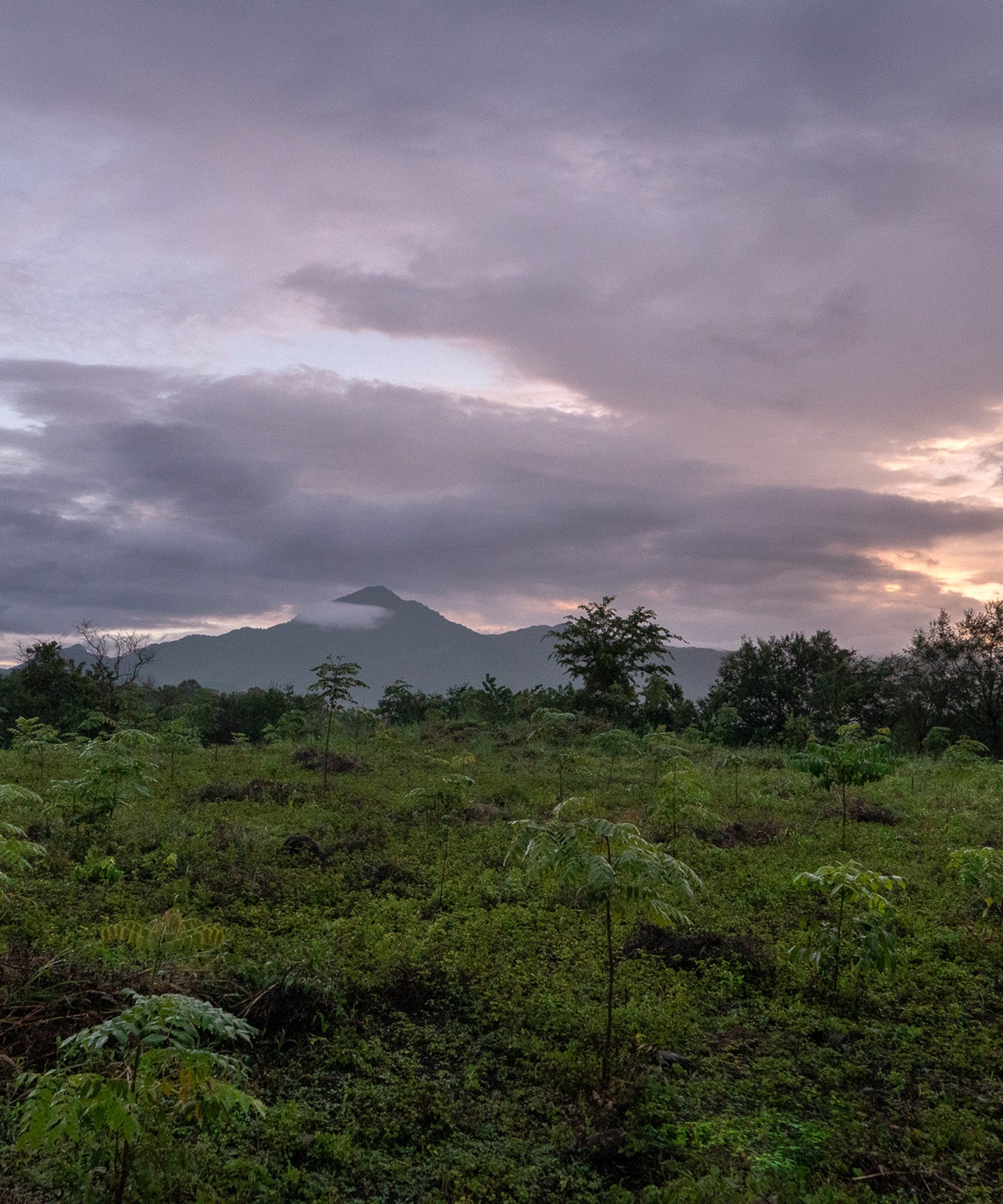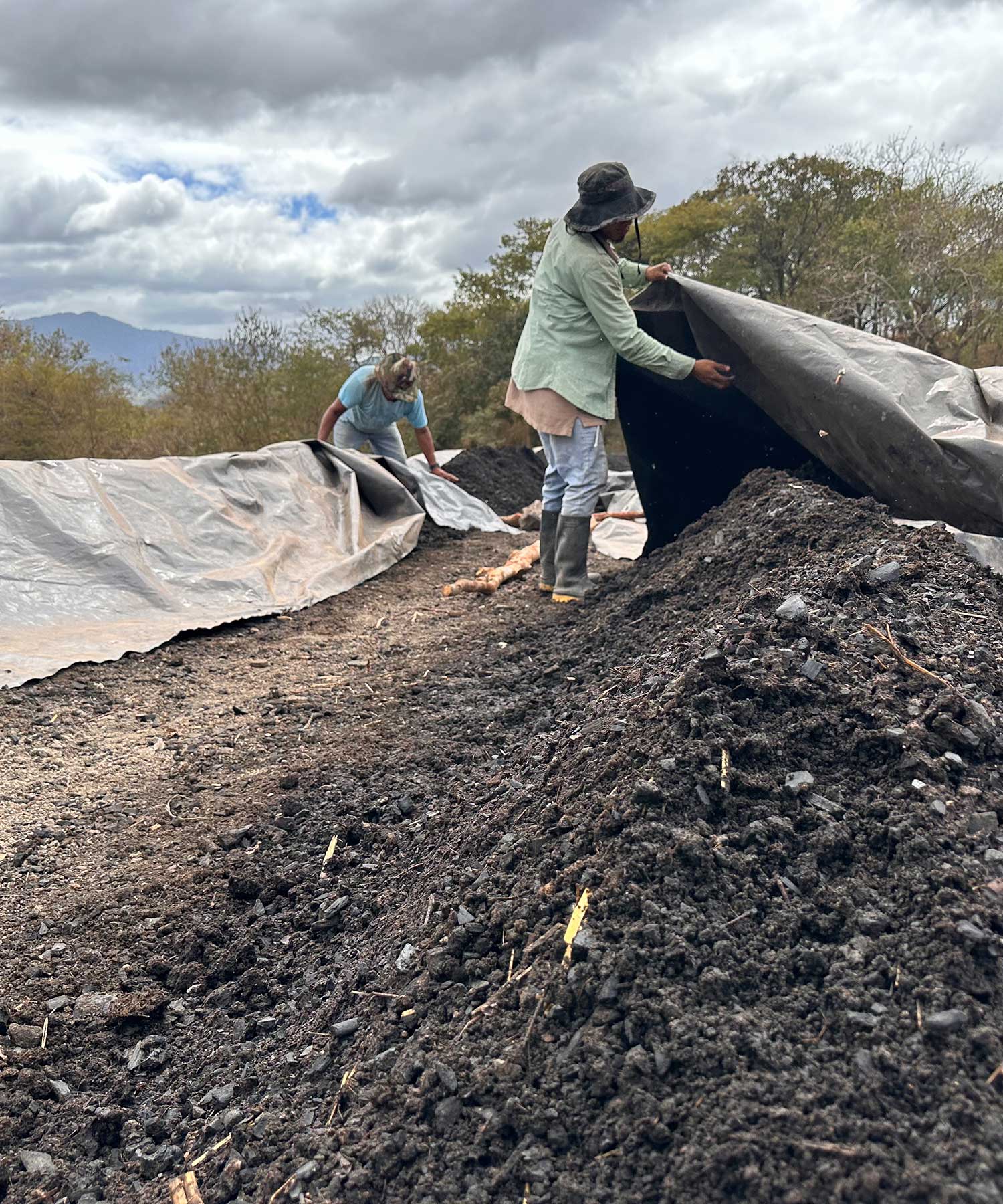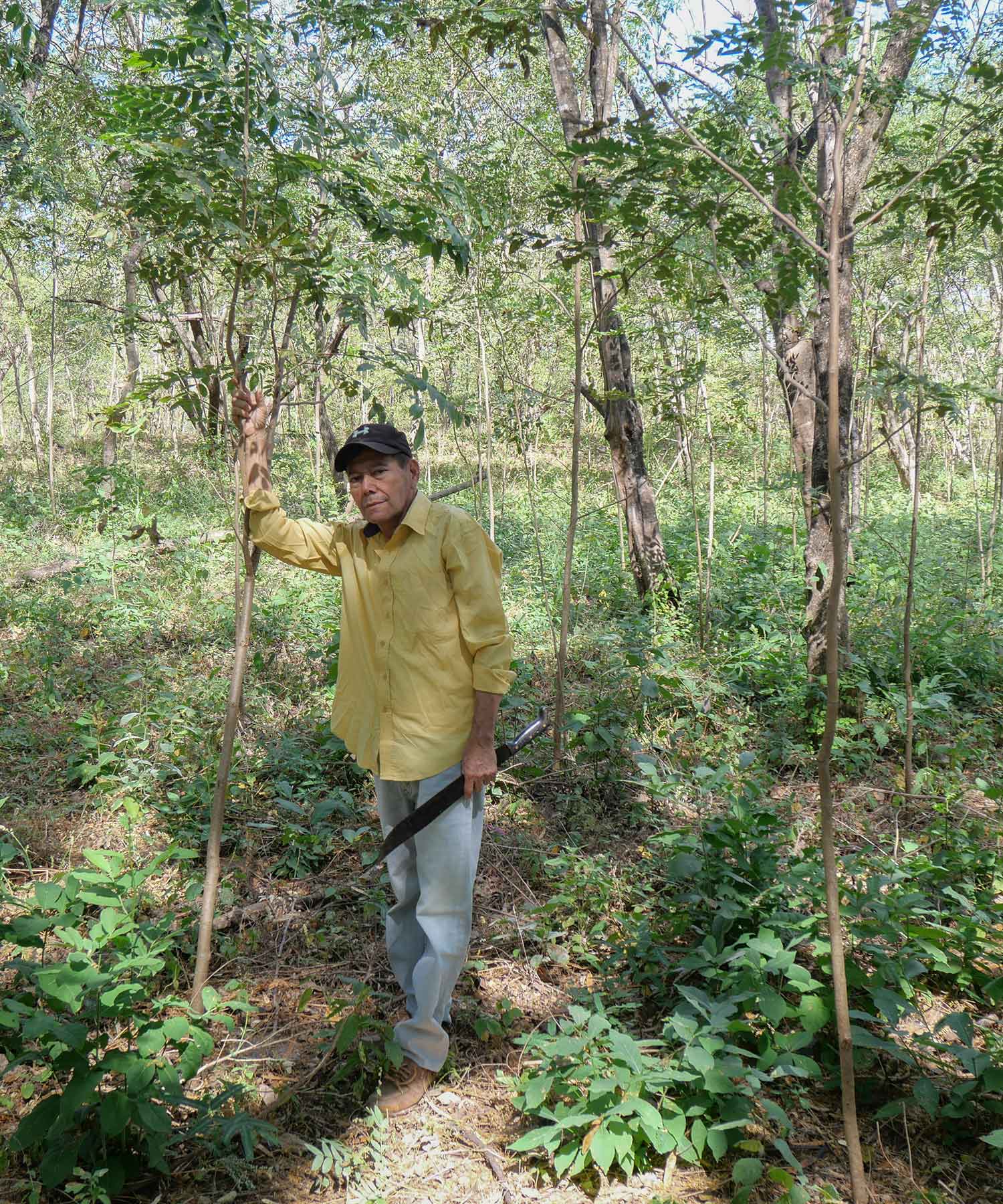Climate Compensation
Towards a friendlier world for nature, wildlife and humanity.
At Maria Nila, we actively work to reduce our climate impact. Every year, we calculate emissions from production, packaging, and other business-related activities. The emissions we cannot reduce are offset through tree-planting projects run by the non-profit organization Plan Vivo. These projects not only reduce CO₂ emissions but also create social and environmental benefits for local communities in vulnerable areas.
Since 2017, thanks to our amazing community, we have contributed to the reforestation of over 1,2 million m² of forest. By choosing our products, you’re helping create a more sustainable future for animals and nature around the world. Thank you for your support!
Read more below about our active tree-planting projects in Nicaragua, Kenya and Honduras – and the difference they make.
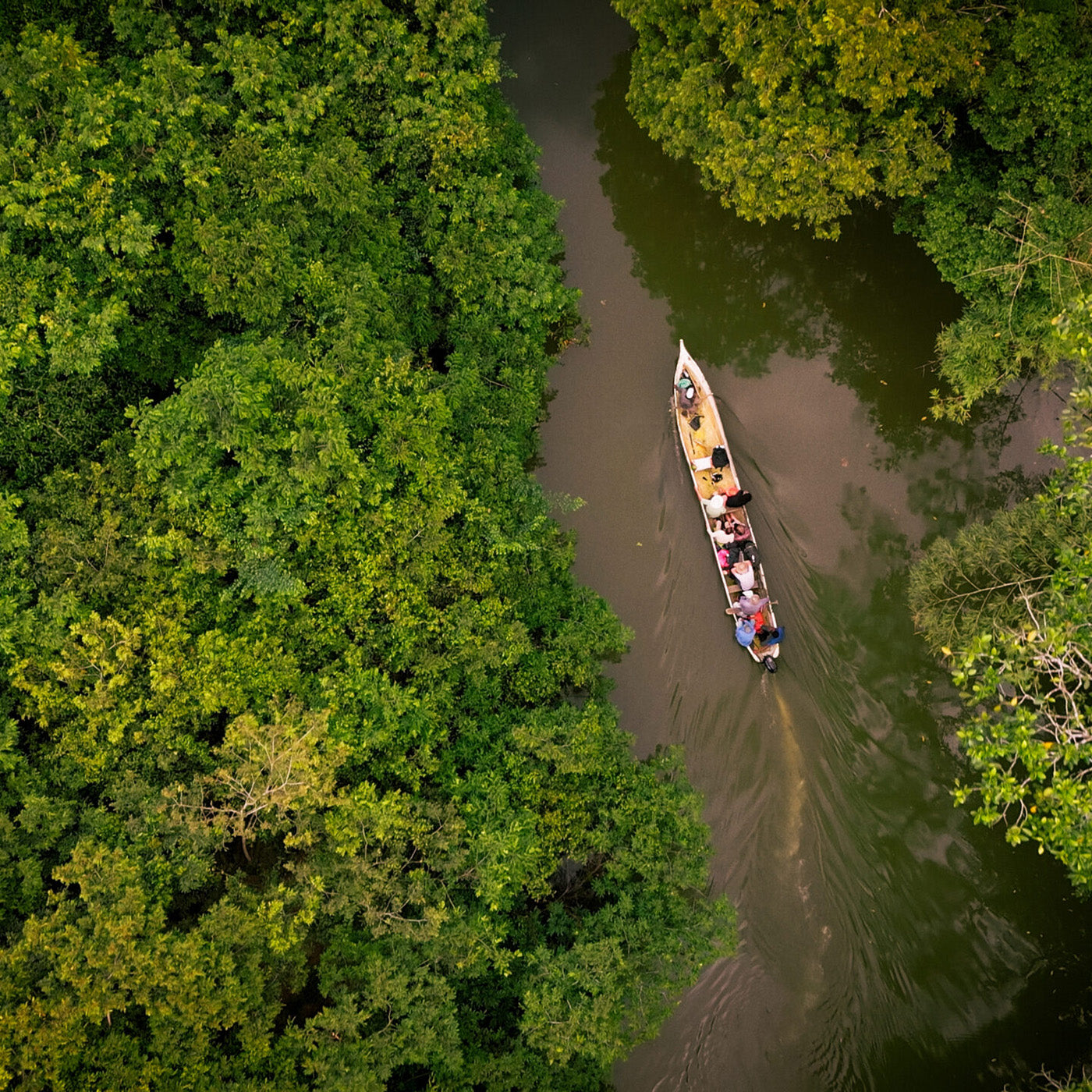
Paskaia, Honduras
Paskaia means “to build for the future” in the Miskitu language. In the La Mosquitia region of Honduras—home to the second-largest rainforest in the Americas—years of deforestation and wildfires have severely degraded the forest.
The Paskaia project works closely with local communities to restore native ecosystems through reforestation, fire prevention, and inclusive land protection. As the first initiative of its kind in Honduras, it empowers locals, especially women and youth, to lead sustainable change.
Paskaia contributes to both the local community and the environment:
- Over 300 families from La Mosquitia are involved in the project, working on fire prevention and reforestation, which provides stable employment.
- The project protects over 3,500 hectares to preserve wildlife and prevent forest fires.
- Tree planting restores the land and absorbs carbon dioxide.
A look at the project in Honduras
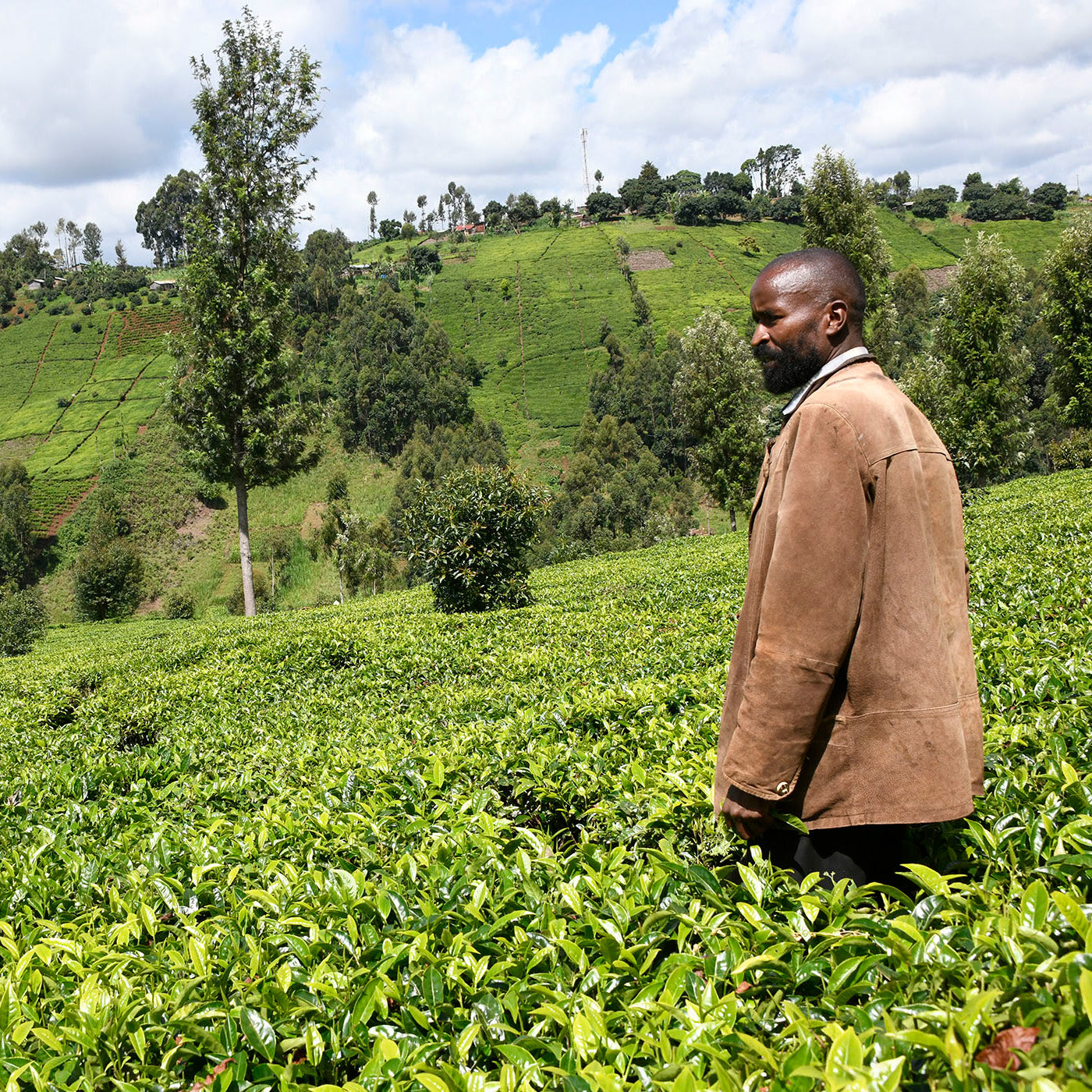
Upper Tana, Kenya
Upper Tana is a vital water source for local villages and Nairobi. However, deforestation has polluted the water, increasing the need for chemicals in the purification process. By planting trees, growing napier grass, and implementing erosion-reducing measures, sediment levels in the water are reduced—benefiting both the environment and public health.
In the photo: Boniface Mbuthiaarm in Thika, Kenya. A participant in the project for four years, he has planted 200 avocado trees on his tea plantation. These new trees have improved the soil, boosted harvests, and brought birds and butterflies back to the area.
A look at the project in Kenya
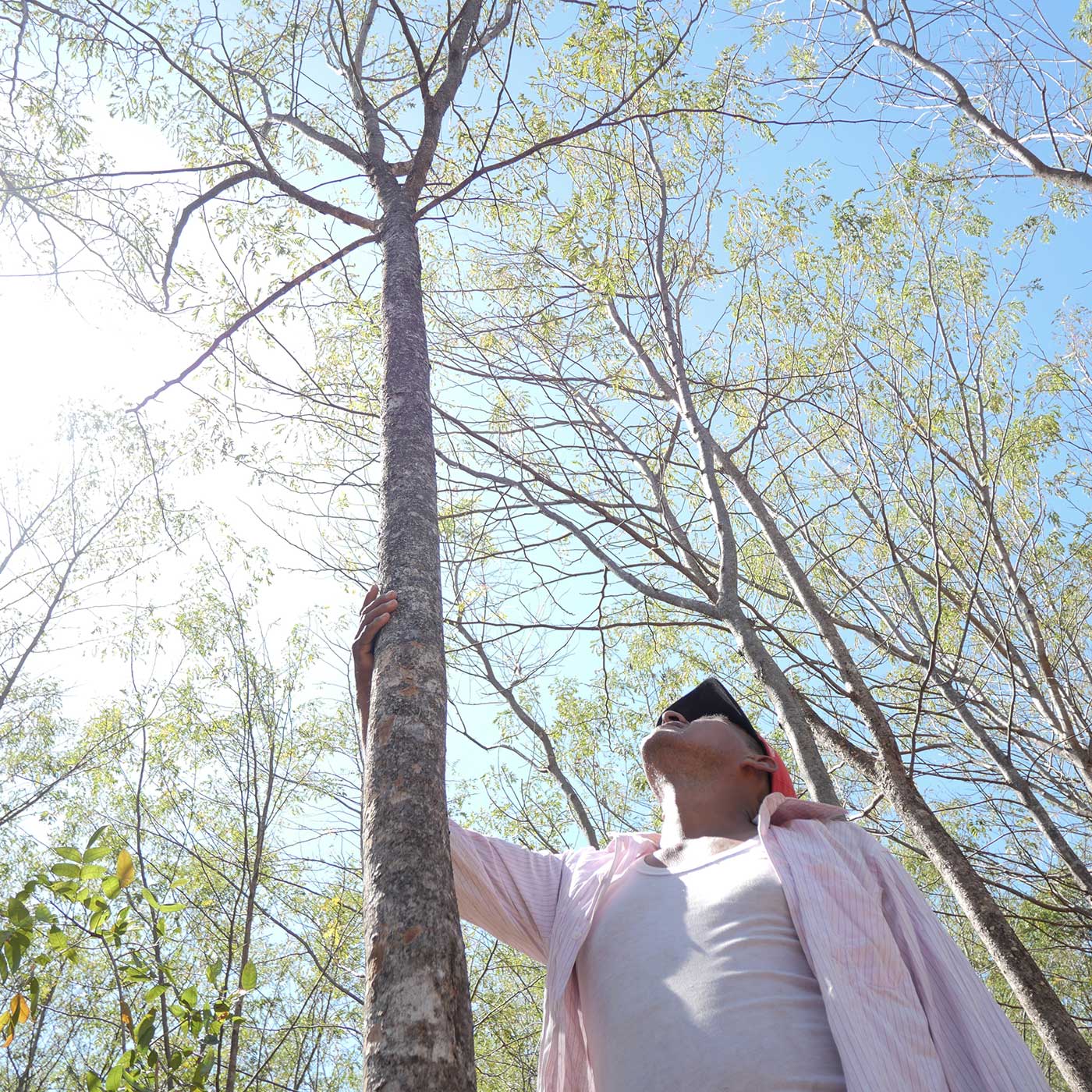
Nicaragua – CommuniTree
We support Plan Vivo’s project CommuniTree together with Taking Root. They collaborate with farmers in some of the poorest parts of the world for reforestation of forests. We are working with farmers to replant under-utilized parts of their farms in exchange for direct payments, so they can work on a long-term basis and care for the forest.
This project impacts the local communities as well as the environment:
- Thousands of job opportunities created every year and in 2022, almost 1200 small farms joined the project
- In 2022, CommuniTree planted 6 million trees. Since the start, over 13 million trees have been planted
- Over 9,300 hectares of land has been reforested
- Taking Root and CommuniTree have launched a biochar initiative that aims to improve the health of the forests and soil
- This project has registered over 100 native tree species, helping to restore biodiversity and create critical habitats for wildlife and insects.


















































































